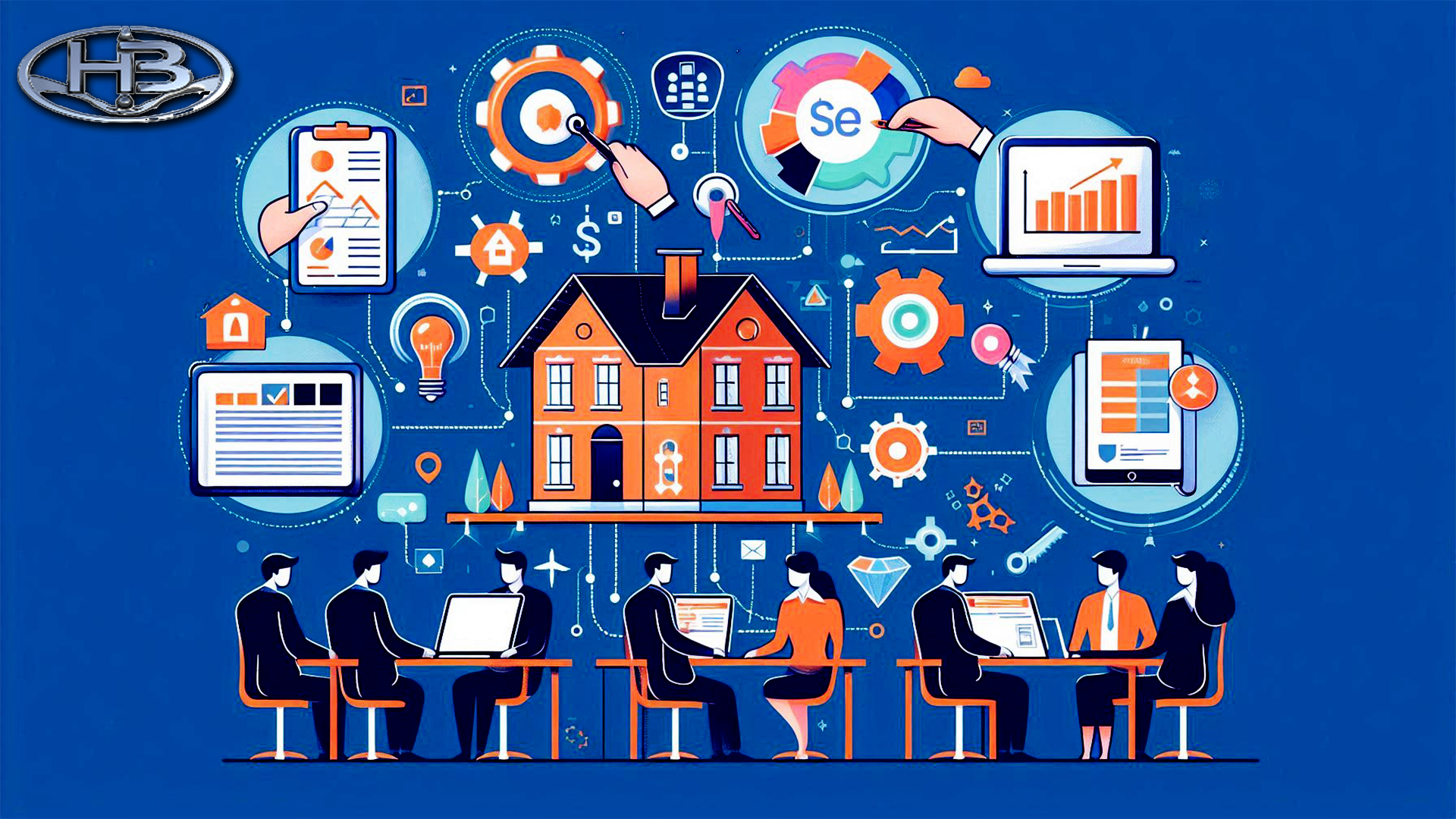Description
Real estate management software is a vital tool for professionals and businesses involved in managing properties. It’s designed to streamline operations, enhance efficiency, and improve overall management of real estate assets. Here’s a breakdown of what it entails:
Purpose and Functionality:
- Centralized Data Management:
- These software solutions provide a central repository for all property-related data, including tenant information, lease agreements, maintenance records, and financial transactions.
- Automation of Tasks:
- They automate various tasks, such as rent collection, lease renewals, and maintenance requests, saving time and reducing errors.
- Financial Tracking:
- Real estate management software typically includes robust financial tracking capabilities, allowing users to monitor income and expenses, generate financial reports, and manage budgets.
- Tenant Management:
- These systems facilitate communication with tenants, track tenant requests, and manage lease agreements.
- Maintenance Management:
- They enable users to schedule and track maintenance tasks, manage work orders, and communicate with maintenance personnel.
- Reporting and Analytics:
- Real estate management software provides valuable insights into property performance through detailed reports and analytics.
Key Features:
- Lease Management: Tracking lease agreements, renewals, and expirations.
- Rent Collection: Online rent payment processing and tracking.
- Maintenance Tracking: Work order management and maintenance scheduling.
- Financial Reporting: Income and expense tracking, and financial statement generation.
- Tenant Communication: Communication portals and messaging systems.
- CRM (Customer Relationship Management): Tools for managing relationships with tenants and potential clients.
Benefits:
- Increased Efficiency: Automation of tasks reduces manual workload.
- Improved Organization: Centralized data storage enhances organization and accessibility.
- Enhanced Communication: Streamlined communication with tenants and staff.
- Better Financial Management: Accurate tracking of income and expenses.
- Reduced Errors: Automation minimizes human error.
Types of Software:
- There are various types of real estate management software, catering to different needs and property types, including:
- Residential property management software.
- Commercial property management software.
- Property accounting software.
In essence, real estate management software helps property managers and real estate professionals manage their properties more effectively, leading to increased efficiency, improved tenant satisfaction, and better financial performance.








Reviews
There are no reviews yet.